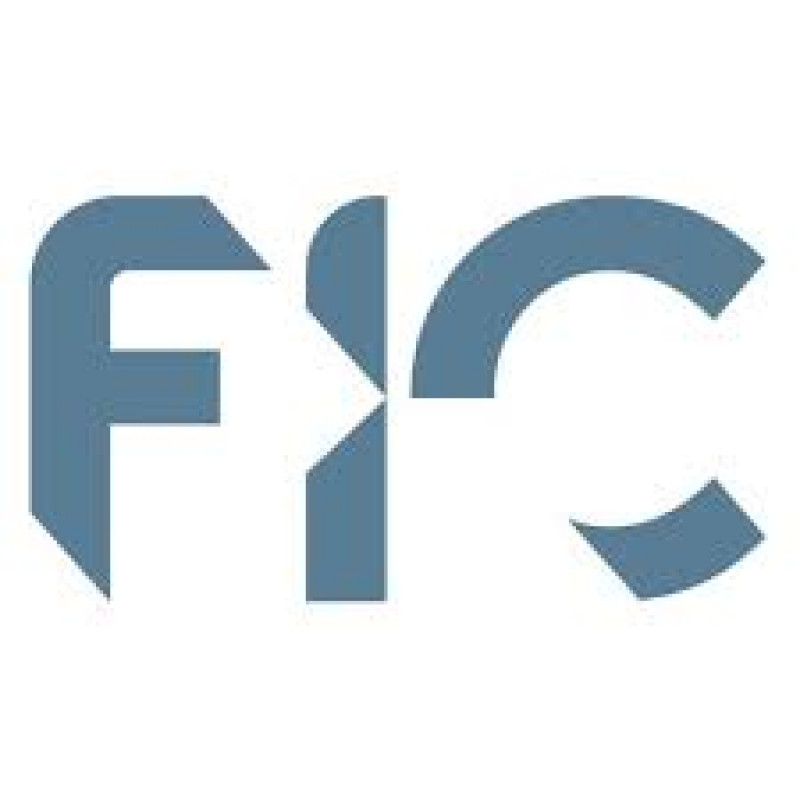CATEGORIES
- (3) Negotiating Tax Debt and Payment Arrangements with SARS
- (2)Account / Profile
- (549)Accounting
- (2)Accounting and Finance
- (28)Audit
- (156)Auditing and Assurance
- (1)Business
- (1)Business Management
- (3)Business Rescue
- (101)CIPC
- (7)Compliance
- (18)Ethics and Professionalism
- (46)Financial Reporting
- (1)Government Funding Applications
- (4)Guides
- (1)Individuals Tax
- (26)Law
- (37)Legal and Compliance
- (2)Management
- (10)Miscellaneous
- (28)Money Laundering
- (1)Personal & Professional Development
- (2)Practice Management
- (2)Professional Ethics
- (3)Public Sector
- (145)Regulatory Compliance and Legislation
- (41)SARS Issues
- (27)Sustainability Reporting
- (37)Tax
- (1)Tax Update
- (9)Technology
- (1)Wills, Estates & Trusts
- Show All
Money Laundering: case studies
- 06 June 2023
- Accounting
- South African Accounting Academy

The FIC produces typologies and indicators on existing, identified and emerging methods criminals use to launder their money through the financial system, or to raise funds for the financing of terrorism and related activities.
The case studies are arranged according to crime type, and includes (inter alia) the following:
- Corruption
- COVID-19 corruption and money laundering
- Cybercrime
- Environmental crime
- The Zama Zamas
- Fraud
- Illegal Narcotics
- Kidnapping
- Modern slavery and Human trafficking
- Robbery
The indicators are by no means an exhaustive list but, are included to assist in identifying criminal activity.
It is important to note that provisions in the Financial Intelligence Centre Act, 2001 (Act 38 of 2001), oblige the FIC to keep confidential information at its disposal. The FIC may only disclose information or intelligence under certain circumstances to mandated entities, and stakeholders. For this reason, all case studies in this publication have been sanitised.
Central to the production of the case studies has been the regulatory reports submitted by accountable and reporting institutions, and other business and the collaboration between the FIC and its competent authority partners. Regulatory reports are the basis upon which the FIC produces its financial intelligence reports.
Click here to download the Publication:
Relevance to Auditors, Independent Reviewers & Accountants:
- The Financial Intelligence Centre Act (FICA) is yet another piece of legislation that your clients must comply with, and which you must assess compliance with. If they don’t comply with the relevant laws and regulations, you have certain reporting obligations in terms of NOCLAR (NOn-Compliance with Laws And Regulations) – this could include reporting to management, qualifying your audit opinion, reporting a Reportable Irregularity, etc.
- As an auditor and independent reviewer, you need to be aware of publications by the FIC – specifically as it relates to Money Laundering and indicators of these crimes that can assist you in the identification thereof.
Relevance to Your clients:
- Relevant entities (specifically accountable institutions) have a duty to comply with the FIC Act, otherwise they could be held liable.
- The general public should be aware of examples of money laundering and other crimes.
To stay current with all the latest changes and updates subscribe to our Monthly Compliance and Legislative Update series for R 250.00 per month. This gives you access to a monthly 2-hour webinar and monthly newsletter:
https://accountingacademy.co.za/profession/monthly-legislation-update
Get all your CPD online. SA Accounting Academy (SAAA) offers Subscription Plans, Live Webinars, Webinars On-Demand, Access to Experts, Courses, Articles and more:
https://cpd.accountingacademy.co.za.






